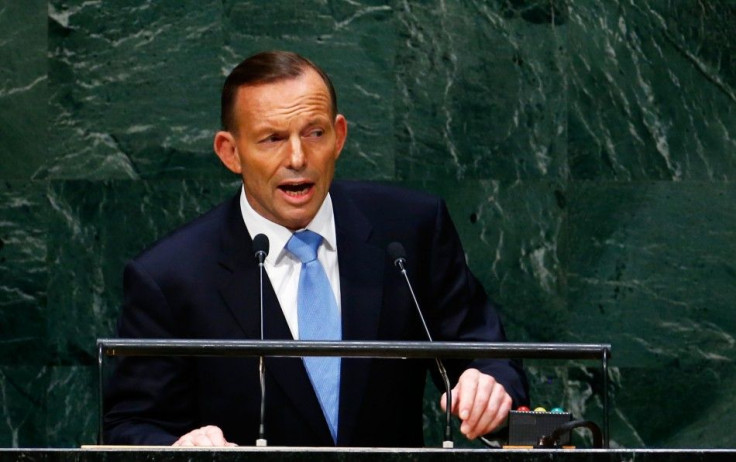Australia Medical Chief Slams Abbott Government For Chaotic Handling Of Ebola Crisis

The Australian Medical Association chief has slammed the country's response to Ebola. According to reports, AMA Chief Medical Officer, Professor Brian Owler, said Australia's handling of the Ebola crisis was "in shambles." While the United States and Britain have sent medical teams to help set up field hospitals in West Africa to help fight Ebola, the Abbott government remains hesitant to respond to calls for more help.
Owler has been urging the government to develop and announce a plan to help the international community control the outbreak. Previous reports said 16 healthcare workers have been trained and ready to be sent to West Africa. However, the AMA does not know who the alleged healthcare workers are and what type of training they had been given. Owler has confirmed it is not the Australian Medical Assistance teams.
Opposition leader Bill Shorten has criticised Prime Minister Tony Abbott for not doing enough to deal with Ebola. Shorten said it is only logical for the government to deal with the deadly virus in the originating country rather than wait for Ebola to reach Australia or nearby Papua New Guinea, the Daily Mail reports. He believes it is better to deal with the virus early before it starts to spread rapidly.
In September, the U.S. and the UK had asked Australia to send medical teams. Mr Abbott has admitted this in an earlier statement. The UK is planning to send 750 people to help contain the virus in Sierra Leone. The U.S. government has already deployed more than 3,000 personnel in Liberia. Bowler believes people will continue to die while Australia drags its feet on appeals for more help.
Mr Abbott has refused to send health workers to Ebola-infected countries in Africa because the government has no way of evacuating them if they contract the virus. Reports said, the prime minister had insisted on protecting the security Australians.
According to the World Health Organisation, there will be 10,000 new cases every week unless 70 percent of Ebola patients will be treated in two months. The projected surge in the number of infected may affect 1.4 million people in West Africa.




















